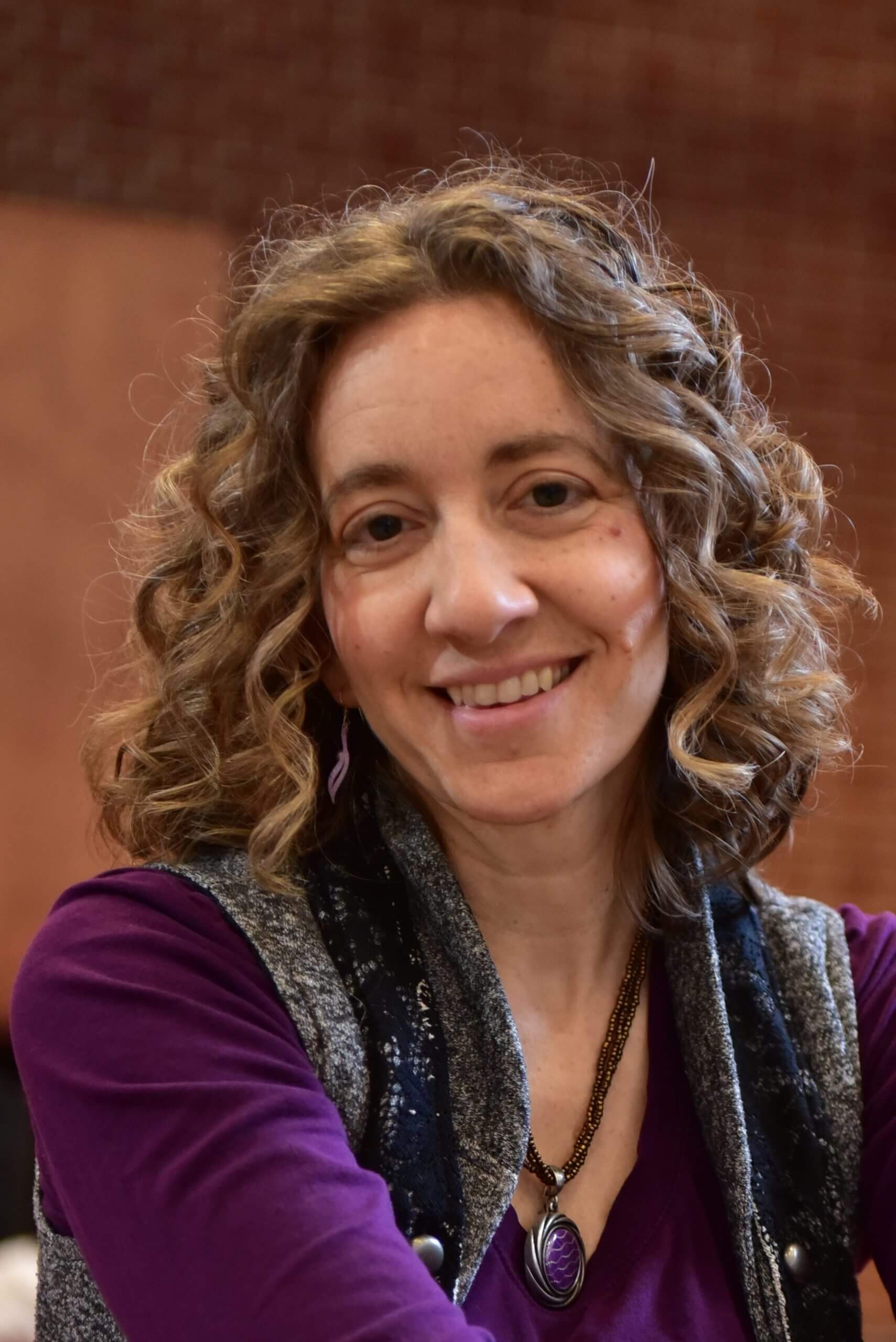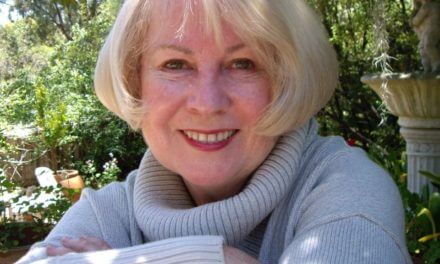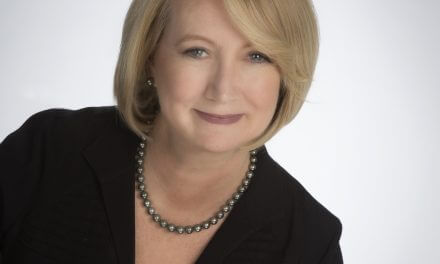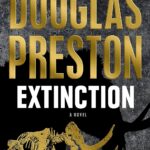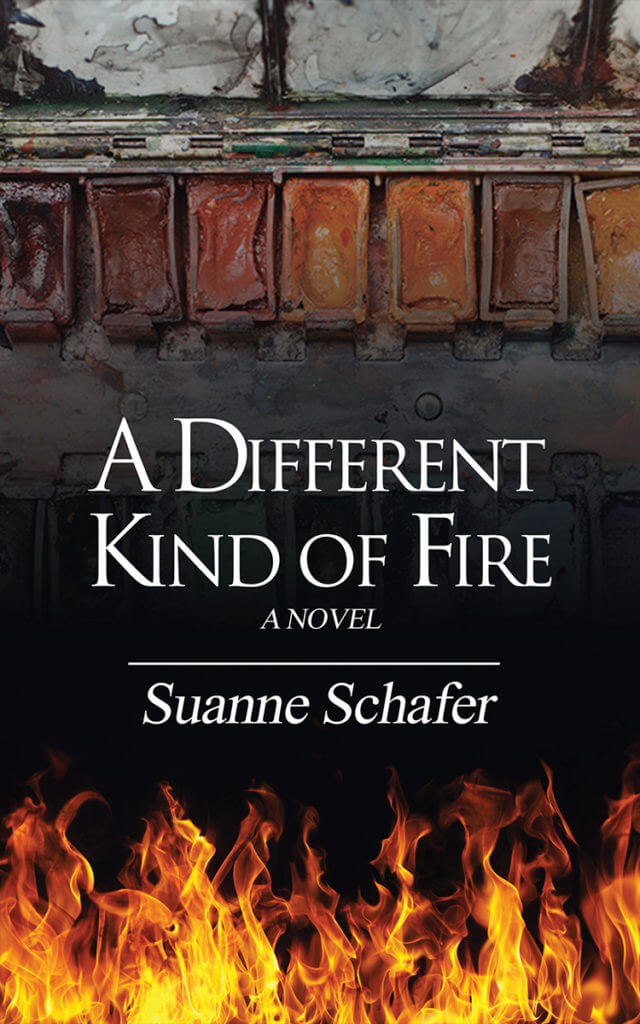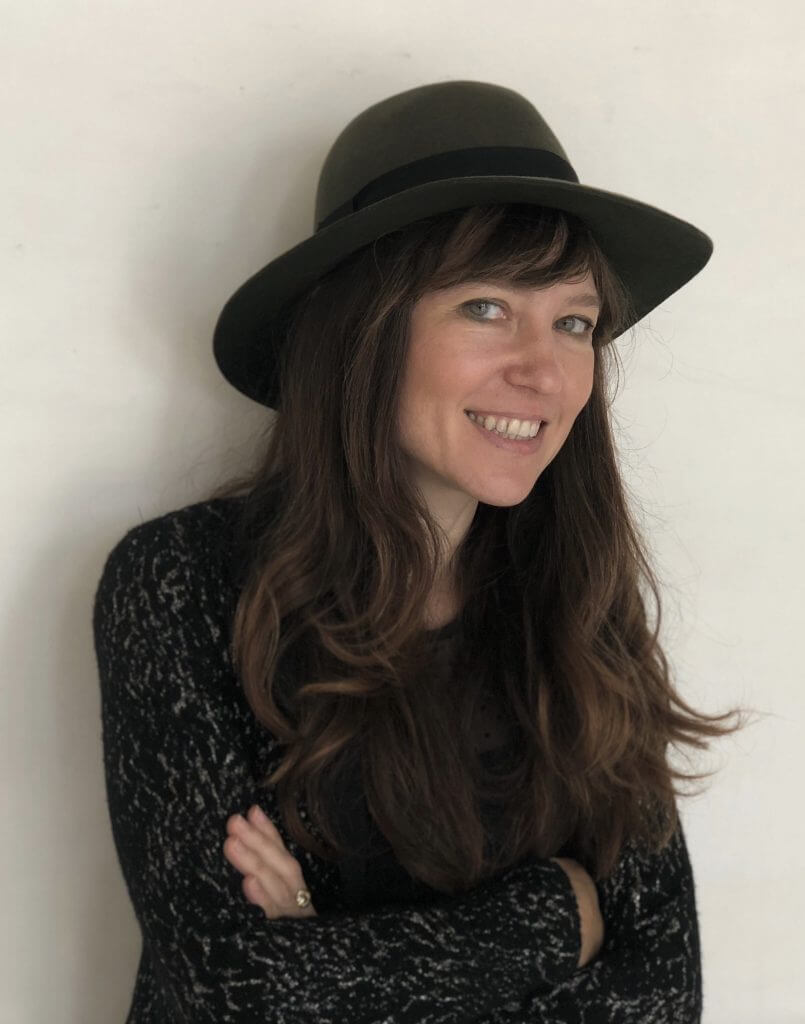
Today I’m excited to talk with Daniela Petrova, author of the new thriller, Her Mother’s Daughter. Daniela grew up behind the Iron Curtain in Sofia, Bulgaria. After the fall of Communism, she moved to New York where she cleaned apartments while taking English classes at the YMCA in the evenings. She is a recipient of an Artist Fellowship in Writing from the Massachusetts Cultural Council. Her work has appeared in anthologies, magazines and newspapers, including The New York Times, The Washington Post, Salon, andMarie Claire among others. Her Daughter’s Mother was released this month by Putnam. She lives and writes in New York City.
SS: Welcome, Daniela. Can you please describe what Her Daughter’s Mother is about.
DP: Her Daughter’s Mother is a suspense novel about a woman in her late thirties who has it all—an apartment in Manhattan, a great job as an art curator at the Met, a long-term live-in relationship with a Columbia professor—except they haven’t been able to become pregnant after years of trying. Their last chance is a donor egg cycle they can barely afford. But when he unexpectedly leaves her three days before the precious embryo transfer, she faces the impossible choice of having to give up on her dream of having a baby or proceed without his consent.
SS: Can you share a teaser from your book?
DP: She befriended the one woman she was never supposed to meet. Now she’s the key suspect in her disappearance. A gripping psychological suspense novel about two strangers, one incredible connection, and the steep price of obsession.
SS: Where did you get the idea?
DP: I struggled with infertility for nearly ten years. I was in the middle of an anonymous egg donor cycle and thought, What if I were to run into my donor? Of course, I would recognize her—I’d seen photos of her—but she wouldn’t know who I was. Would I be tempted to follow her? To learn more about her? The possibility seemed at once exciting and frightening. I knew her health and education history, her hobbies, the eye and hair color of her grandparents. But I had no idea what she was like. Did she laugh with abandon or shyly cover her mouth? Did she sing in the shower? Did she spend her free time at the gym or curled up on the couch with a book? Hungry to find out more about her, would I be tempted to follow her? I never ran into my donor. I didn’t even get pregnant but I liked the idea of a pregnant woman encountering her donor and stalking her, unable to suppress her curiosity.
SS: Been there, done that. I started medical school at 39 and went, “Damn, I forgot to have a baby.” That’s when I started a fertility workup that ended with me adopting a biracial son. Now I’m dealing with him wanting to track down his birth mother. So, what’s the story behind the title? Who came up with it? Did your publisher change it?
DP: I’m greatly indebted to a writer friend of mine who came up with the title. I love it because it makes you stop and think, Wait what? It also draws out the special relationships in the book, the fact that there are two mothers to one baby (the woman who carries it and the woman who’s egg has been used to conceive it.)
SS: Without giving any spoilers, tell us something we won’t find out just by reading the book jacket.
DP: You won’t know that two of the main characters are of Bulgarian origin—Lana whose mother defected from Bulgaria during Communism, and Katya, a senior at Columbia, who was born and raised in Sofia and is in the US on a student visa. You also won’t know about Plato, an adorable red tabby who was one of my favorite characters to write.
SS: On my honeymoon, my ex- and I had an overlay in Sofia on our flight from Athens to Milan. We popped off the plane and went to see the family of a friend who’d escaped from Bulgaria years before. You can’t imagine how warmly we were greeted when we told them how he was doing.
If you could spend a day with one of your characters, who would it be and what would you do?
DP: I’d love to spend a day with all three of my narrators—Lana, Katya and Tyler—but if I had to choose, I’d go with Katya. She’s so much fun. Her energy and zest are intoxicating; her excitement, contagious. She can be brutally honest with her assessments of people and situations but I’d rather know the truth than be given false encouragements. I imagine we’d hang out on the Lower East Side, grab a bite at one of the many trendy restaurants there, and then go dancing in Mehanata, the Bulgarian club where Katya takes Lana the night before she disappears.
SS: Are your characters based on real people, or do they come from your imagination?
DP: I love fantasizing, making up people and stories. I tried using real people in an earlier novel but I felt restricted by the actual characteristics of the people I’d chosen. They didn’t exactly fit the story and I had trouble manipulating them. So, for Her Daughter’s Mother, I allowed myself to make up the characters. I wrote character sketches in the beginning, but Lana, Katya, and Tyler didn’t really take shape until I started writing. As narrators, they very much influenced the story. Especially Katya, whose powerful voice surprised me; she took over her own narrative and pushed the story into a direction I hadn’t anticipated.
SS: How long did you take to write this book? (You can share about the timeline from drafting to publication)
DP: I completed the first draft of the book in 2013. It was a very different story, told from a third person point of view unlike the current first-person narratives of Lana, Katya, and Tyler. I knew the plot had a lot of problems but didn’t know how to fix it. I started revising but felt stuck, unable to make any progress. I was going through a hard time in my personal life, having just filed for a divorce, and decided to put the book down until I got back on my feet and sorted out my life. I picked it up again in the spring of 2015 and wrote four more drafts before finally going on submission.
SS: What kind of research did you do for this book?
DP: I didn’t need any research for the basic storyline since I wrote about what I know—the world of infertility. I also set the story in New York where I’ve lived for the past twenty-four years. But I had to do a lot of research about missing people cases, investigations, police procedures. I’m indebted to an NYPD detective who helped me with most of that.
SS: What hit the cutting room floor during the editing process? What were some of the biggest changes that you made between drafts?
DP: I killed off the serial killer I had in Draft One. I also changed the narrative from third person to multiple first-person narratives. I also changed the ending.
SS: Are you a plotter or a pantser?
DP: Somewhere in between. With this novel, I didn’t foresee many of the plot holes and issues until finishing an entire draft. Believe it or not, I only then realized that I had to start again and rewrite the entire book. For my next book, I intend to plot out as much as possible in advance, thereby resolving many of the potential problems before starting to write. But let’s see how that goes.
SS: Can you share your writing routine? How do you carve out your writing time? Where do you normally write?
DP: I wish I could say that I have this amazing routine, where I get up every morning at 6 am and write for 5 hours straight, but I don’t. I’m very disorganized—I don’t recommend it—and end up writing at different times, depending on what else is going on in my life. I can spend three days working non-stop but then the rest of the week I won’t write a word. Perhaps not the most efficient process but it works for me.
SS: What are the 2-3 most important things that you learned from writing classes that you found to be true in writing your novel?
DP: Come in late, leave early–I might have picked it up in a screenwriting class but I find it to be true in books. That rule helped me so much with the pace of my novel.
Don’t be the protagonist of your novel because you’ll never be able to put yourself through hell. It’s very hard to make yourself look bad or to create a multi-dimensional character if you’re writing about yourself.
Conflict, conflict, conflict—scenes and conversations without conflict can be dull and slow moving.
SS: Good advice, all of those. How many unpublished and half-finished books do you have?
DP: I have one completed novel that I couldn’t sell. And in retrospect, it’s pretty bad. But I don’t regret writing it because I learned so much. I see it as my dress rehearsal for the real thing.
SS: Do you have any writing quirks?
DP: I need snacks. All the time. I can’t work if I’m hungry, and I get hungry all the time when I’m stuck.
SS: How did you get into writing?
I started writing poems and short stories as a kid in Communist Bulgaria. I wrote my first poem because I had forgotten to prepare one for a Communist holiday. The night before, when I went to bed, I remembered I had to recite a poem in school. So I made one up. It was so much fun I kept doing it. I almost gave up on my dream to become a writer when I moved to the US, at the age of 22, barely speaking any English. But I took ESL classes at the YMCA and checked out books I’d already read in Bulgarian from the local public library so that I would learn the language. Before I knew it, I was writing again.
SS: What do you like to do when you’re not writing?
DP: I love to travel—discovering new places, learning about new cultures. I’m also crazy about the outdoors and enjoy hiking, biking, and skiing (as long as it’s a warm sunny day).
SS: Share something about you most people probably don’t know.
DP: I was once hired by a Private Investigator to stake out a husband whose wife thought he was cheating.
SS: I bet that goes into a novel someday. Which book(s) influenced you the most?

DP: It’s hard to choose a single book but reading Hemingway’s stories and novels simply blew me away by how powerful a sparse writing style can be.
SS: What are you working on right now?
DP: I’m working on my second novel which is also a domestic suspense story that takes place in New York.
********************
Her Daughter’s Mother is a gripping psychological suspense novel about a newly pregnant woman who befriends her anonymous egg donor—and might have been the last person to see her before she mysteriously disappeared.
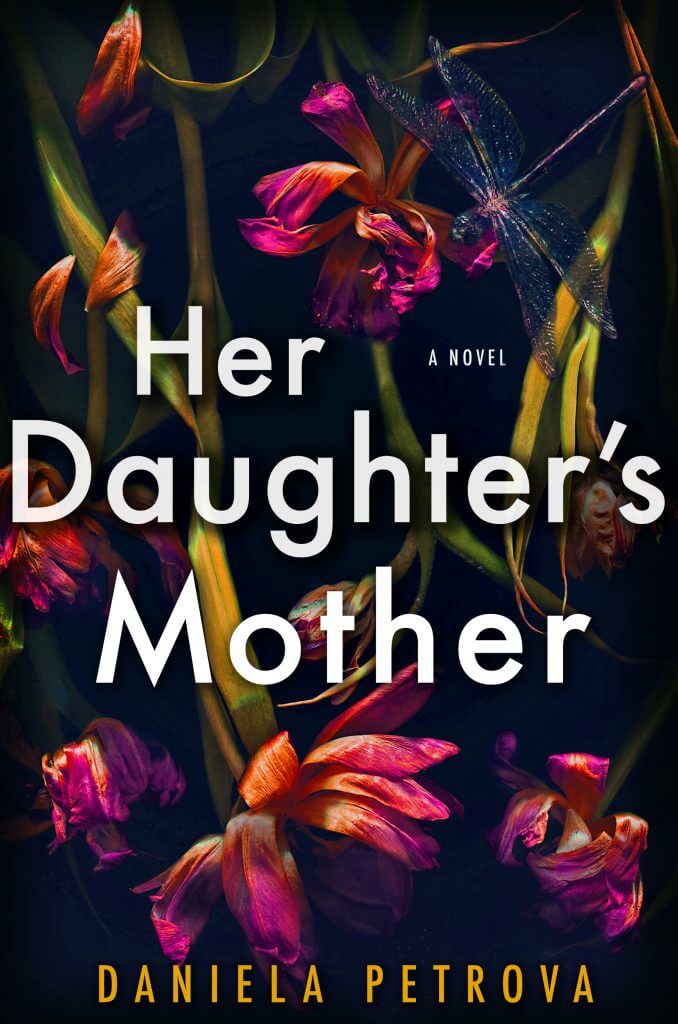
“Her Daughter’s Mother had me from the very first page. With a dazzling plot; complex, unforgettable characters; and gorgeous prose that mines the dangerous depths of obsession, Daniela Petrova’s debut is undoubtedly going to be the book everyone will want to read this summer.”— Aimee Molloy, New York Times bestselling author of The Perfect Mother
“This moving, heartfelt thriller surprised me again and again. Lana’s journey to becoming a mother is poignant and suspenseful, even without the added element of her egg donor’s disappearance. The turns of this story ratchet up the intrigue, making Her Daughter’s Mother one of the most gripping books I’ve read in years. Petrova has created an original, smart novel sure to top “Best Of” lists in 2019. A sure-footed, memorable debut.”— Erica Wright, author of The Blue Kingfisher
Her Daughter’s Mother is available at:
********************
Daniela can be found here on social media:
